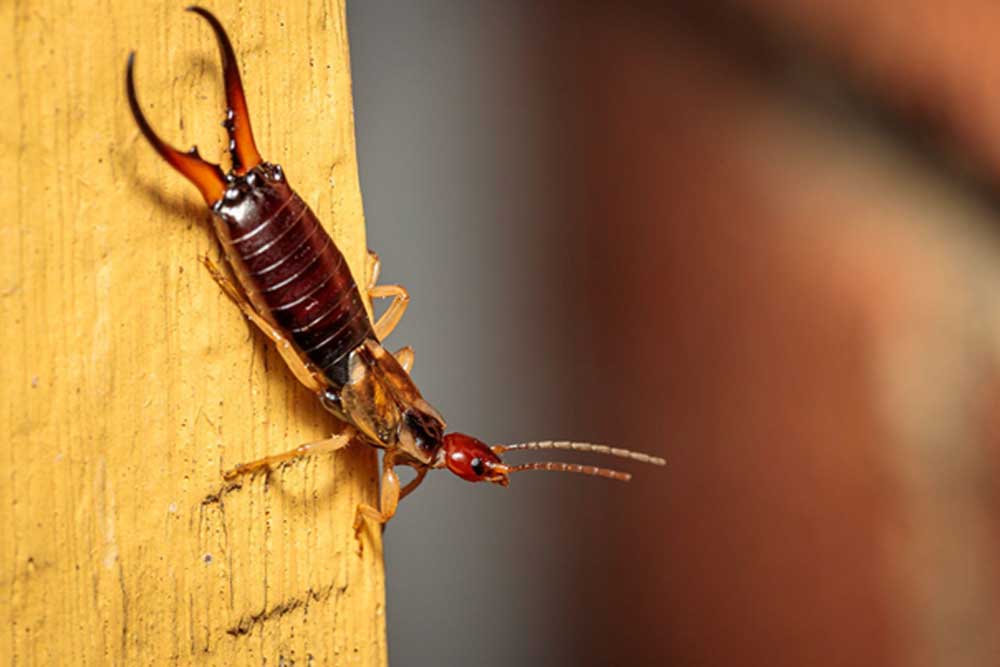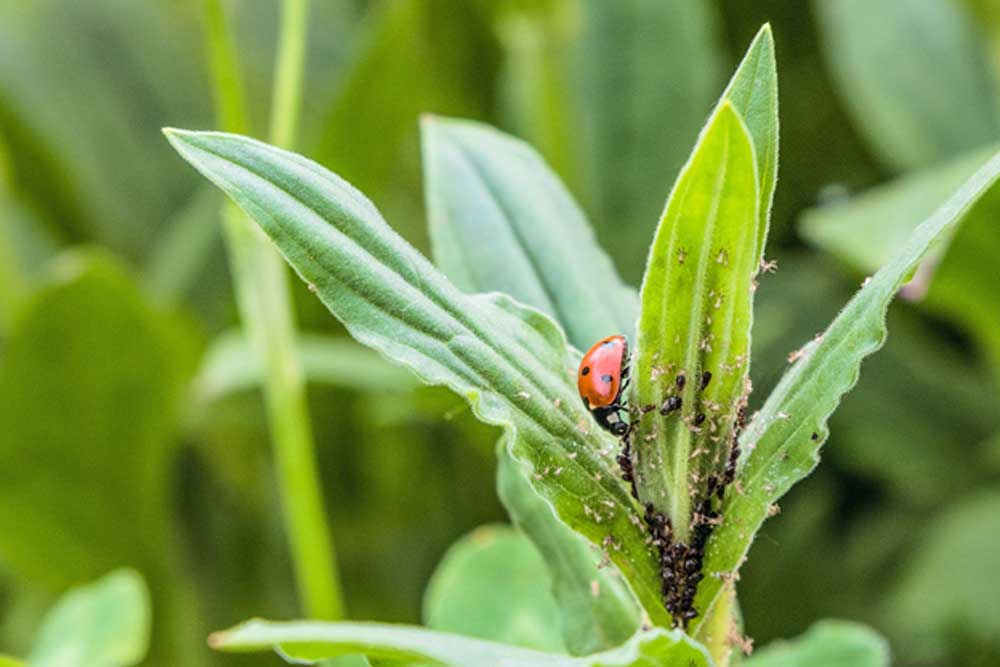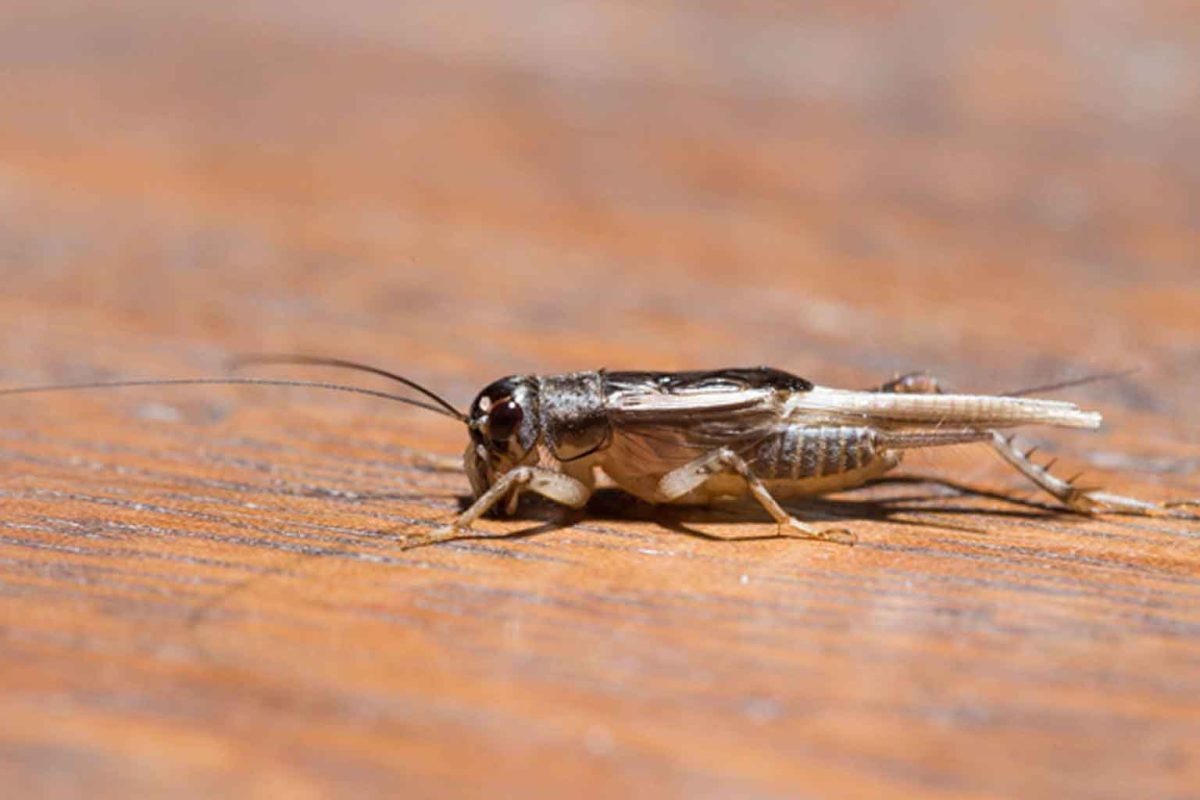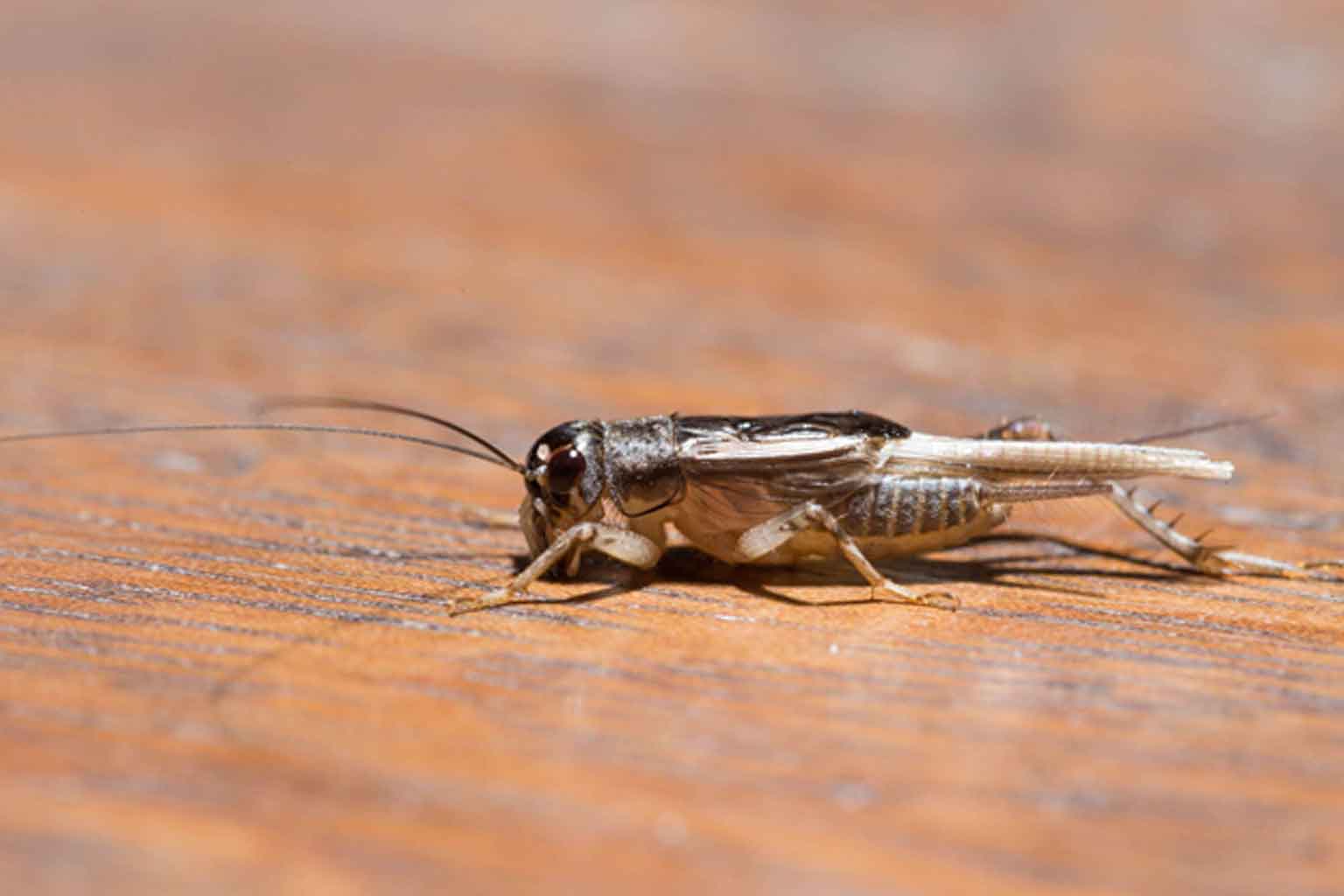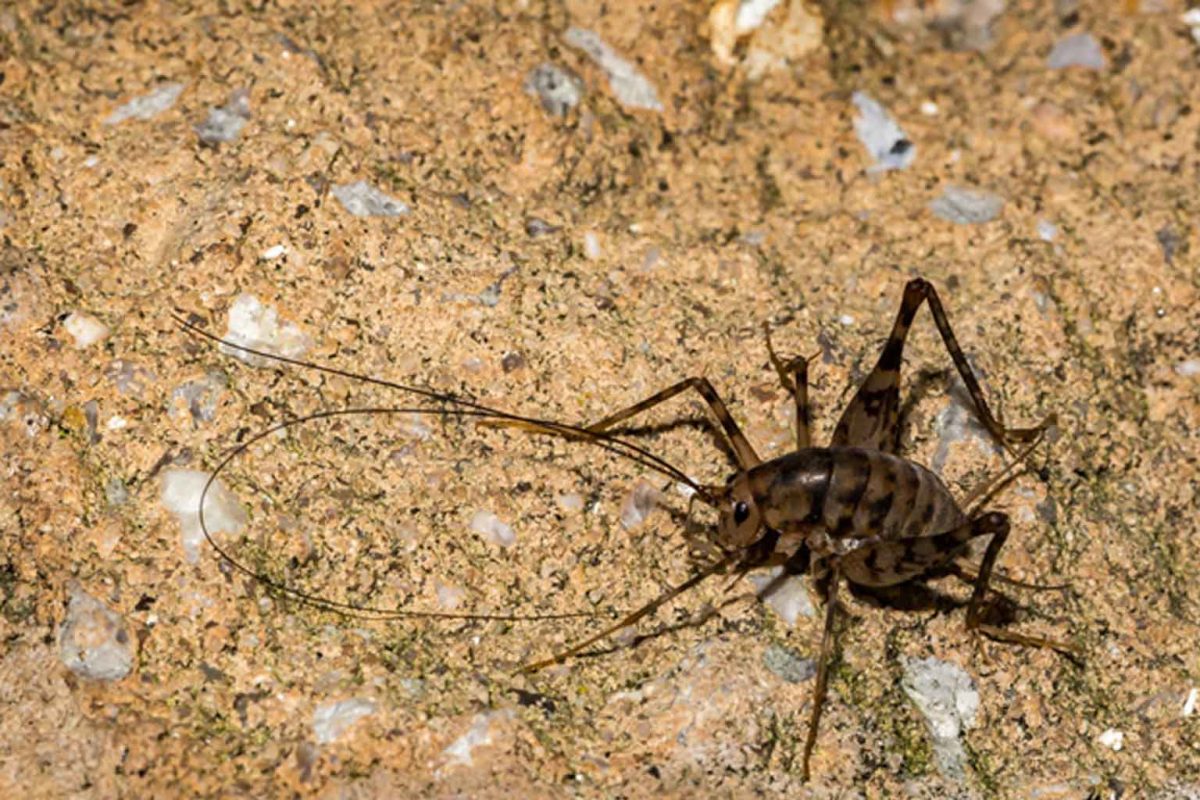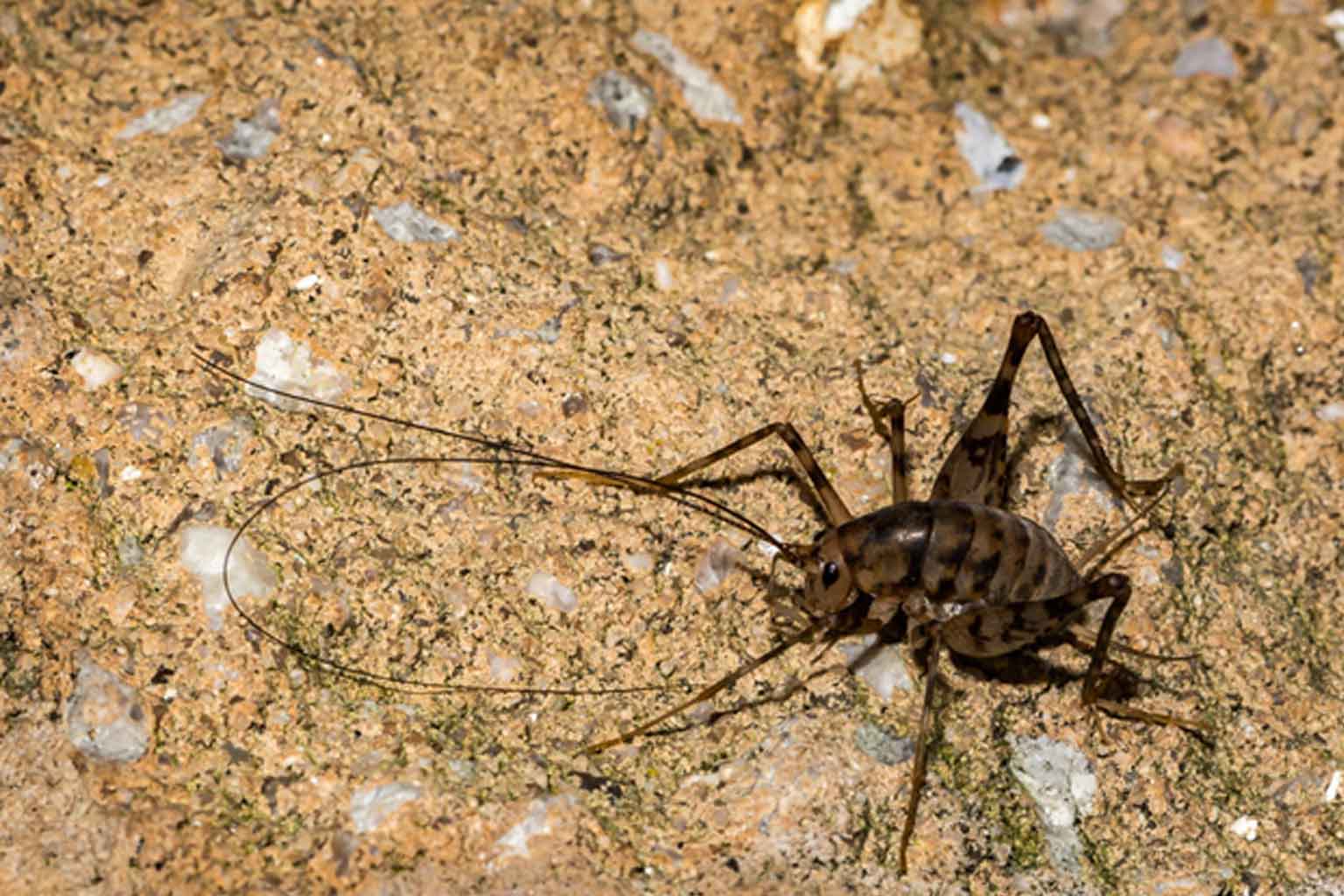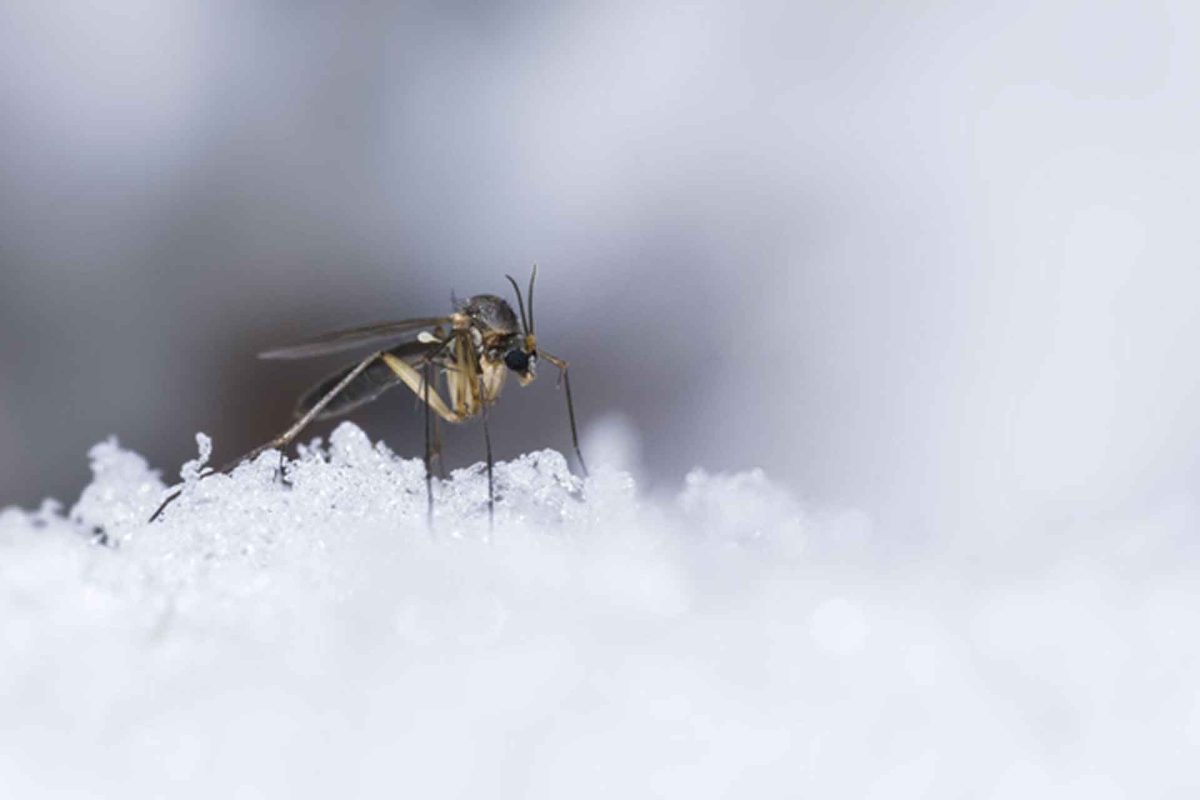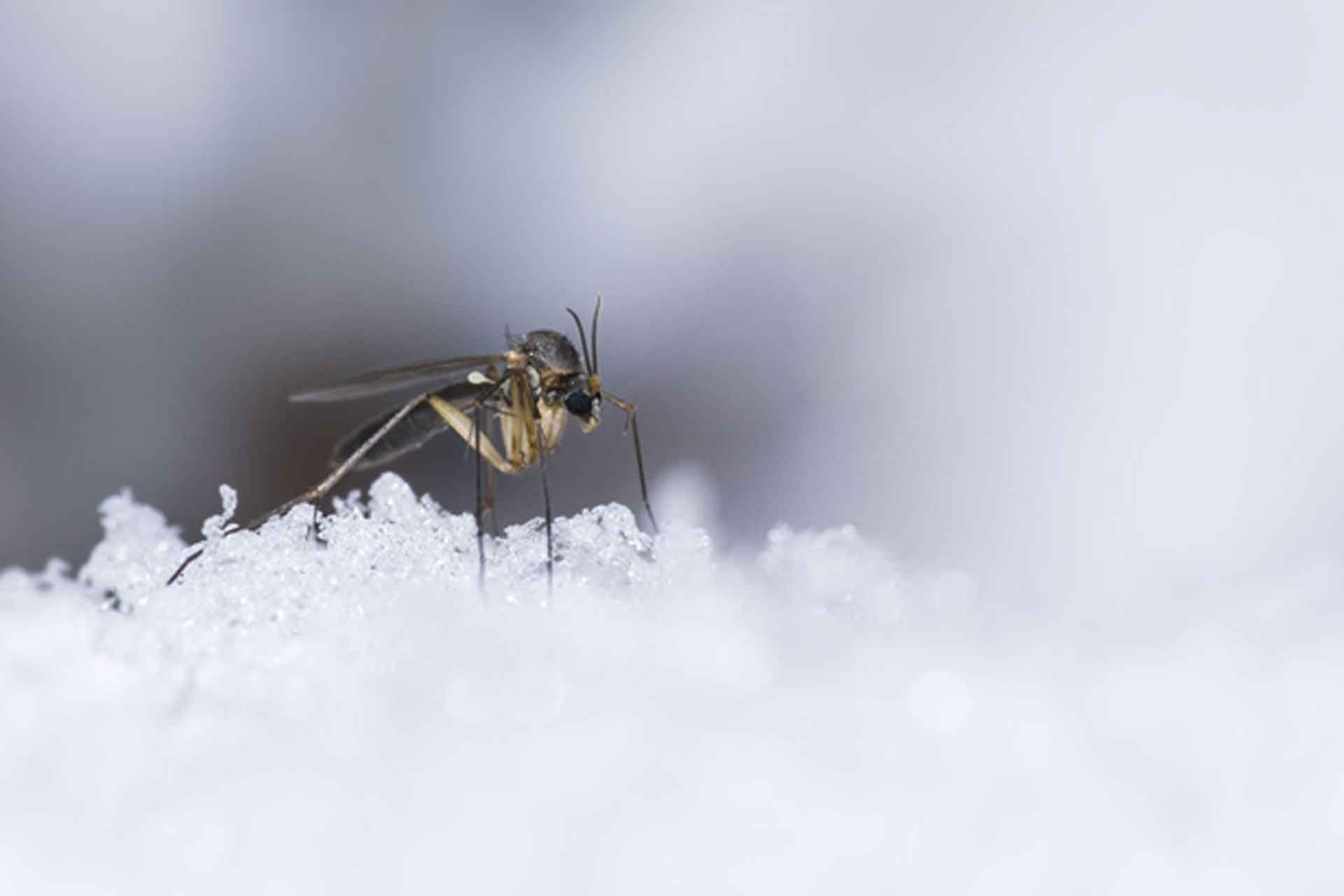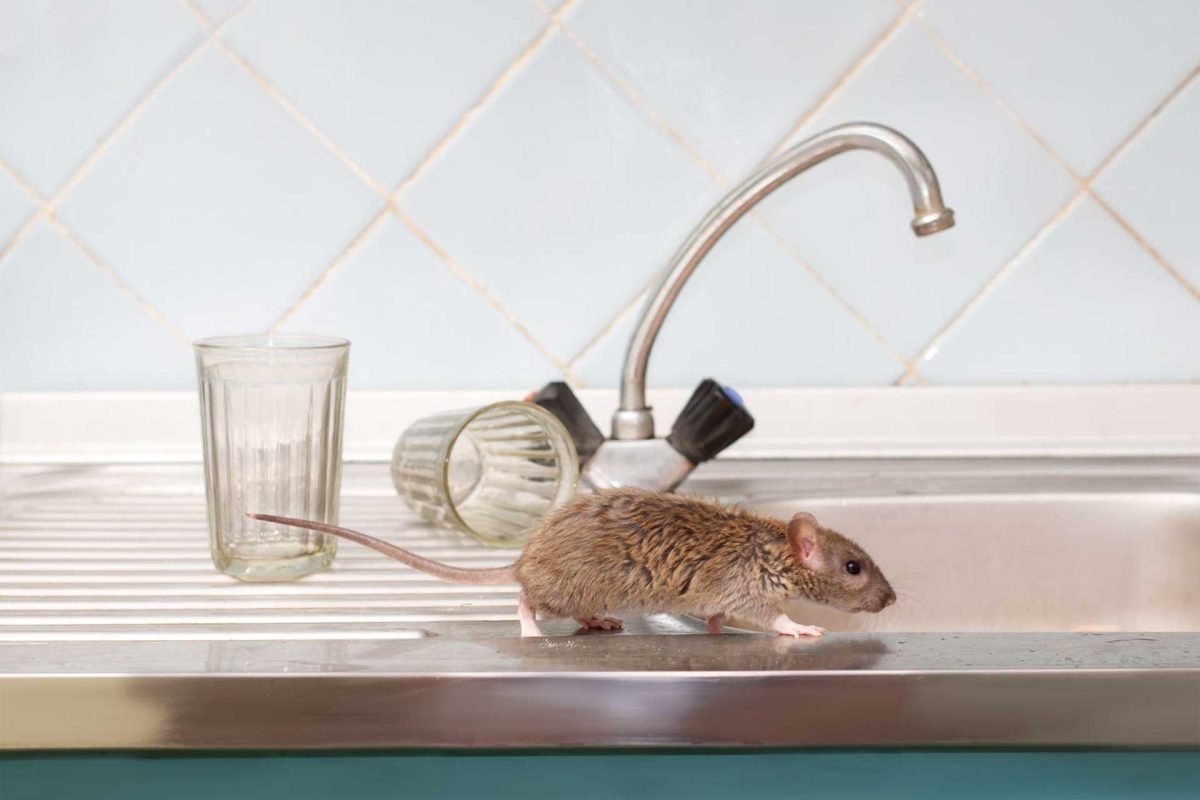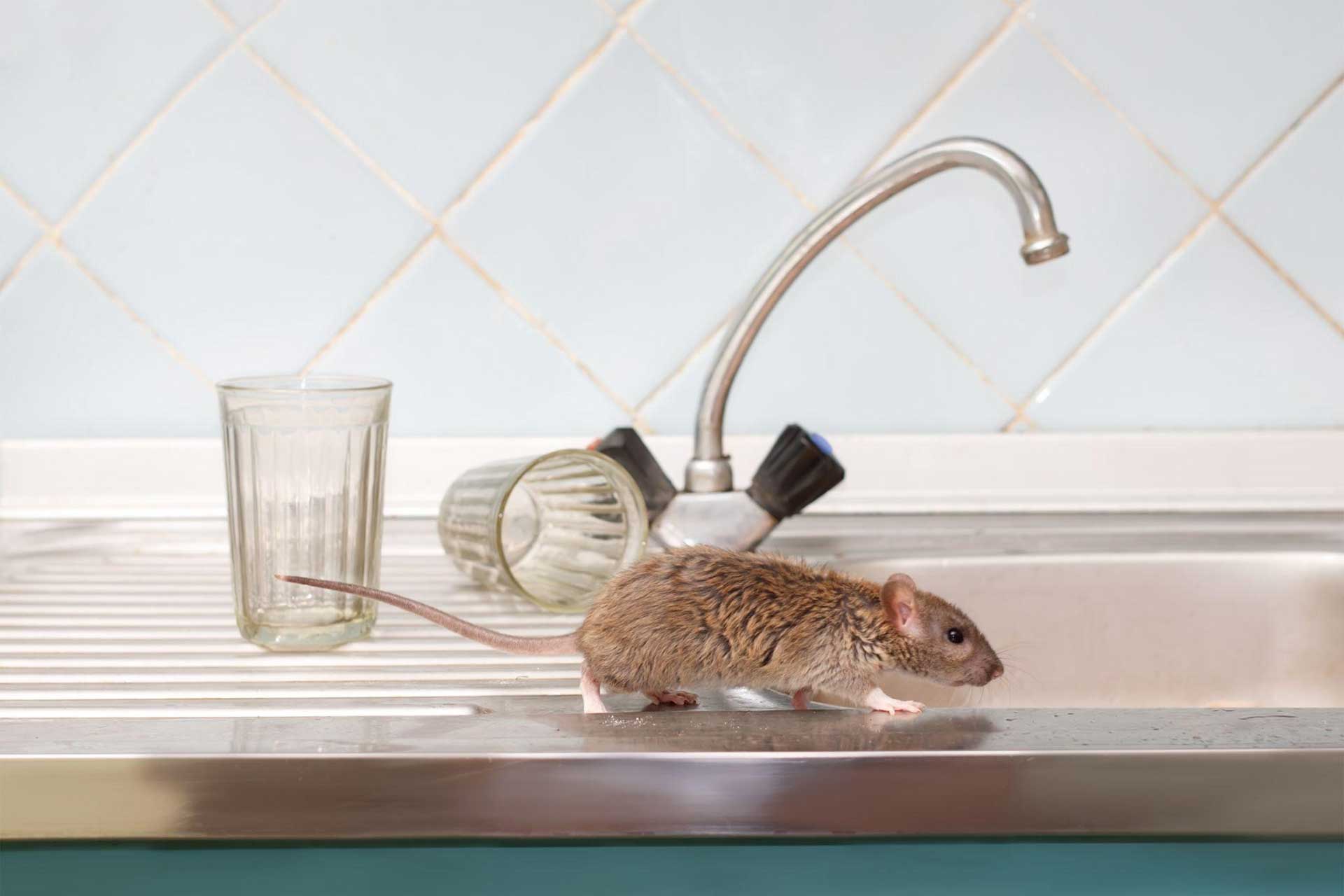
5 Ways to Keep Rodents out of Your Attic
Rodents like mice and rats may be adorable pets to some, but wild rats and mice can cause a lot of damage to a home. Not only are they capable of squeezing into impossibly tiny gaps, but they’ll eat and chew on almost anything to reproduce. Worse, they are notorious carriers of disease and bacteria. Here’s how to force these unwanted neighbors out of your attic permanently.
1. If Possible, Find the Nest or Entry Point
Finding their point of origin can be one of the most challenging steps in the pest control process, especially if the infestation has been growing for months or years. If your roof has recently leaked or requires maintenance, openings as small as a quarter-inch are just enough for a mouse to enter!
2. Identify Any Damage to Your Roof’s Insulation
If rats find gaps in your home’s exterior, they will often need to chew through the insulation to fully access the interior. Search for any torn areas near the floor as well as any droppings the pests may have left behind.
3. Seal and Protect Any Openings
This step can be difficult even for the most seasoned DIYers because it can require laborious repair work. While we don’t recommend taking drastic measures, sealing obvious holes and gaps in walls, floors, and windowsills may be a good place to start. Seal any vents or gaps with wire mesh, steel wool, and caulking for best results.
4. Replace Old Cardboard Boxes with Tough Plastic Containers
Rats and mice love chewing on anything they can sink their teeth into. In fact, they often need to chew on things to survive. This means that cardboard boxes are prime targets as well as anything inside them. These rodents also use torn fabric and paper to line their nests. And if there’s anything good to eat (like food storage items), they’ll go at it right away. Replace any old boxes with tough plastic containers, and rodents will have a much harder time getting in.
5. Trim Any Trees or Bushes That Provide Access to Your Roof
Rodents may be good climbers, but they aren’t good enough to climb the siding of your house. Instead, they look for more natural ways to access your attic. Limit any possible entryways by trimming any trees, hedges, or trellises from your roof. While this may not solve your immediate problem, it will help reduce the chances of further infestations.
Keep Your Attic Pest-Free with Nature’s Gate
Rats and mice are notoriously hard to get rid of, especially if you are unable to find how they’re getting in your attic. Don’t struggle alone! Nature’s Gate Pest Control technicians are fully trained to get rid of rodents at any stage of infestation. No matter the size of the problem, call us at (435) 266-4710, and we’ll be there in no time.


